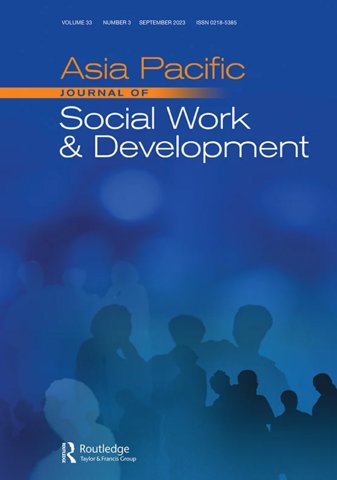Abstract:
This study aimed to examine the sense of family belonging of individuals with childhood institutional care experience through personal details, institutional care, and post-institutional-care variables. Conducted with 313 adults with institutional care experience during childhood, the study revealed family belonging is related to gender, marital, educational, and employment status, age, and reason for being taken into institutional care, if exposed to abuse and its type, people with whom they live after the institution, medical/psychiatric support status, and whether there is a person to provide support. The results showed that professionals and policymakers working with adults with childhood institutional care experience should consider the importance of family belonging and related factors in institutional care and adaptation to life after, and understand the importance of transition to family- and community-based care services, which will benefit child welfare.

